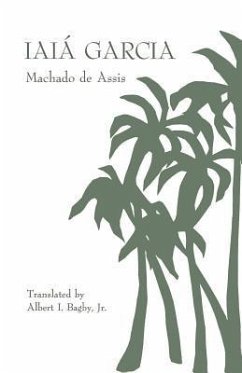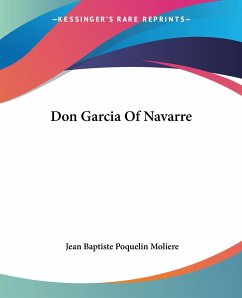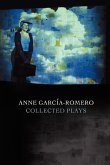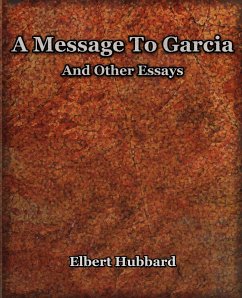The last of four novels that preceded Machado de Assis's famous trilogy of realistic masterpieces, Iai¿arcia belongs to what critics have called the Brazilian author's "romantic" phase. But it is far more than that implies. Like his other early works, Iai¿arcia foreshadows the themes and characters of Assis's most masterful novels. Iai¿arcia intertwines the lives of three characters in a subtly and wryly developing relationship. While the youthful Iai¿s growing into womanhood, a tentative love affair occurs between the aristocratic Jorge and the prideful Estela. This affair is afflicted by ironic shifts of fortune and in time the maturing Iai¿ecomes a rival for Jorge's attentions. Assis's portrayal of the relationship among these three characters is a perceptive study of uncompromising pride, thwarted love, jealousy, misunderstanding, bewilderment, and attainment. As the translator, Albert I. Bagby, Jr., contends, the story of Iai¿Jorge, and Estela reflects the formula that Assis saw as fundamental to human life: "Will and ambition, when they truly dominate, can struggle with other feelings, but they are the weapons of the strong, and victory belongs to the strong." In Assis's view success comes to the strong and failure to the weak. But both inhabit a world that is neutral-neither helping one nor hindering the other. The outcome of events in Iai¿arcia may not seem entirely optimistic, but neither is it pessimistic. And Mr. Bagby concludes, "Perhaps to understand the optimism of Assis one needs only to be... a hard, pragmatic realist.... " Whether hard realists or unregenerate romantics, readers of this novel will find it a compelling tale of love lost and won. Like his earlier translation of Assis's The Hand & the Glove, Mr. Bagby's English rendering of Iai¿arcia from the original Portuguese is done with both accuracy and sensitivity.
Hinweis: Dieser Artikel kann nur an eine deutsche Lieferadresse ausgeliefert werden.
Hinweis: Dieser Artikel kann nur an eine deutsche Lieferadresse ausgeliefert werden.








